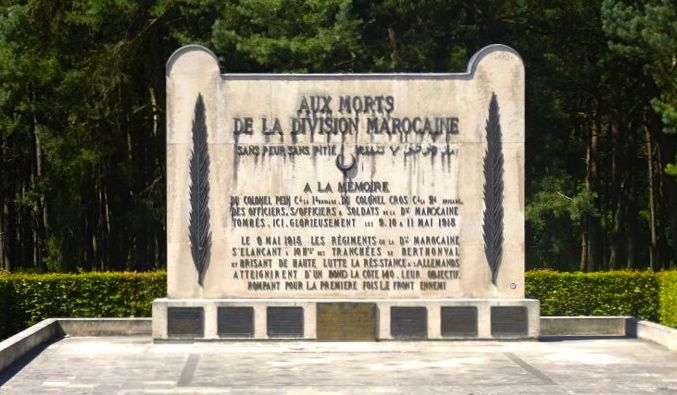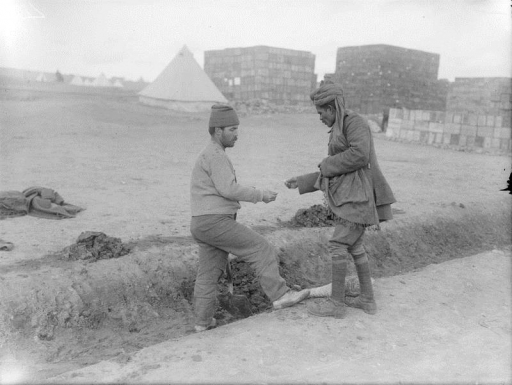Researchers based at King’s College London are offering an opportunity to showcase community-led projects focussing on the colonial or dominion contribution to the First World War.
Chosen activities will be hosted on Armistice Day, November 11th 2016, alongside a poster exhibition illustrating the life stories of 16 individuals whose experiences illustrate the global and varied nature of the conflict.
The exhibition is part of a European-wide research project exploring the cross-cultural impact of encounters between peoples from the warring powers, and colonised and neutral countries between 1914 and 1918.
The venue is the Weston Room in the Maughan Library at King’s College London.
Organisers explain: “The space is generous in size and, given that the posters will be shown at the edges of the room, we are in a unique position to be able to offer this space for interested community-led groups to use for specially curated activities on Friday 11 November to mark the anniversary of Armistice. Examples might include performances, sessions showcasing your work, or workshops.”
Applications to take part must be made by Monday 5 September. For details contact cegc-hera@kcl.ac.uk. Funding is not available from King’s or the project organisers.
 Memorial to the Moroccan Division at Vimy Ridge in France (Photo: Centenary News)
Memorial to the Moroccan Division at Vimy Ridge in France (Photo: Centenary News)
Cultural Exchange in a Time of Global Conflict: Colonials, Neutrals, and Belligerents during the First World War’ is a three-year research project led by Dr Santanu Das of King’s College, London, and partnered with Zentrum Moderner Orient, Berlin; Utrecht University; and Adam Mickiewicz University in Poznan.
“The First World War has often been defined as the ‘clash of empires’ but we argue that it could equally be defined as a watershed event in the history of cultural encounters,” researchers say.
“Between 1914 and 1918, on French soil alone – in its trenches, fields, farms and factories – there were over 1 million Asian and African men, in addition to soldiers from Australia, New Zealand, and Canada. Europe would never be the same again not just in terms of the war’s wreckage but in terms of people, ethnicities, and cultures encountered, manipulated, studied, and befriended – in battlefields, boardrooms, billets, brothels, towns, villages, hospitals, and prisoner-of-war camps.
“Simultaneously, a different kind of ‘cultural encounter’ was being engineered within Europe: the belligerent states were each trying to win over the neutral nations by funding cultural institutions and trying to influence artists, writers and opinion makers.
“The cultural sphere of the neutral countries became much more a zone of international cultural encounter in 1918 than it was in 1914. This project seeks to explore this complex area through two strands: the colonial and the neutral.”
‘Cultural Exchange in a Time of Global Conflict: Colonials, Neutrals, and Belligerents during the First World War’ is funded by HERA (Humanities in the European Research Area). Its eight associated partners include the Imperial War Museum, In Flanders Field Museum, and the Museum for European Culture in Berlin.
The poster exhibition is being hosted by the partner universities in different venues across Europe. The London leg will be held from Monday 24 October until Saturday 17 December in the Weston Room in the Maughan Library at King’s College London. For more details see the CEGC Project website.
Source: CEGC, King’s College London
Images courtesy of Imperial War Museums © IWM (Q 13716); Centenary News (Moroccan Division Memorial)
Posted by: CN Editorial Team
